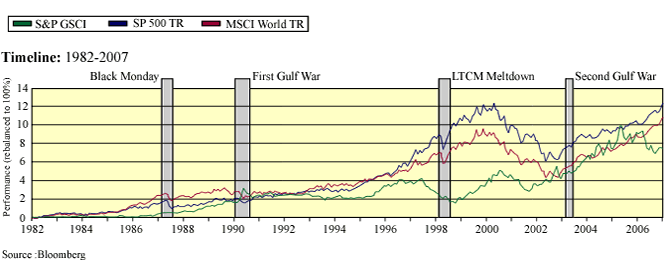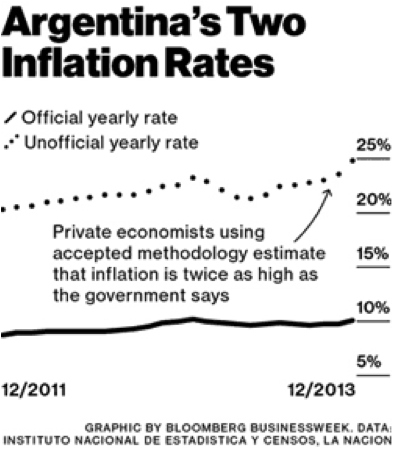Hedging commodities against inflation
Post on: 19 Апрель, 2015 No Comment

Trading hard assets to protect oneself from inflation is an investors classic move, but commodities can be extremely volatile and should be considered high risk
From the Investment Library’s Drama archives:
Because of the erosive effects of inflation on a portfolios returns, having some allocation assets that tend to perform well in times of higher inflation can be important.
Nevertheless, like all other investments these can fall in value as well as rise and you may get back less than you invested.
Commodities are any physical good traded in bulk on an exchange: food, oil and precious metals are all commodities. They are usually traded via futures contracts. These are agreements to buy or sell a commodity at a pre-determined date and at a pre-determined price.
Futures prices will differ from the spot (or current) prices of the underlying commodity or basket of commodities, due to factors such as storage costs and seasonal demand.
The prices of the everyday consumer products that we buy are affected by the prices of commodities worldwide, so if the price of coffee beans rises, your daily cup will cost more. Food and energy components alone represent approximately 20pc of the CPI inflation index.
Because commodity prices often rise when inflation is rising, many financial experts believe that they can offer investors protection from the impact of price inflation on their portfolio. In Europe, a recent study showed that agricultural products and cattle have, in the past, correlated most strongly with inflation. [1]
Commodity prices tend to be correlated with inflation because, in an inflationary environment, demand for the commodities used to provide goods and services also increases. This is not always the case during the short term, so commodities should only feature within an investment portfolio for investors who are prepared to take the long-term view, says Martin Bamford, chartered financial planner and managing director of Informed Choice.
This said, it is important to appreciate that this is an example of past performance of an investment. It is not a reliable indicator of future performance as there is no guarantee that the correlation observed in the past will happen that way again.
Many investors will find they already have a reasonable exposure to commodities within their portfolios, says Mr Bamford. As of the start of the year, industrial and commodity companies accounted for nearly a third of the FTSE 100 index of leading UK company shares. It is important not to become too exposed to commodities by investing directly in mining stocks or precious metals, either directly in stocks or through a collective fund or exchange traded fund (ETF).
A popular commodity choice for the long term is agriculture, because a growing global population continues to place greater demand on food stocks, driving up prices. ETF Securities Agriculture DJ-UBSCI Exchange Traded Commodity (ETC) offers investors exposure to a basket of agriculture commodity futures contracts by tracking the Dow Jones-UBS Agriculture Subindex using synthetic replication.

Synthetic replication means that the company that runs the product has struck a deal with another company (known as a counterparty) who will pay them the same return as they would get from holding those agriculture commodities directly.There is a risk in this approach: if the counterparty fails to pay because its insolvent, the investor in turn might not get all thats due.
A more broad-based fund might be the ETFS All Commodities DJ-UBSCI ETF, which provides investors with broad-basket commodity exposure across the energy, agriculture, industrial, precious metal and livestock sectors.
However, actively managed commodity products might be a better option for investors looking for lower volatility. Whichever way its done, investing in commodities is generally higher-risk. You have to be prepared to take the long-term view and accept the possibility of loss.
This article is from the Investment Library’s ‘Drama’ section
If investors are to take advantage of the new rules set in the 2014 Budget, they need information. That is where the new Investment Library series. in association with Barclays Stockbrokers . will come in.
Whether you want answers to your questions or ideas, you will find articles grouped under easy-to-understand headings. The Investment Library will cover everything from tax efficient investing to how to invest at home and abroad. There will also be sections on subjects such as commodities and emerging markets.














